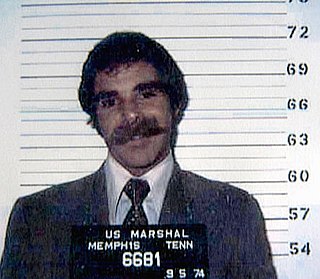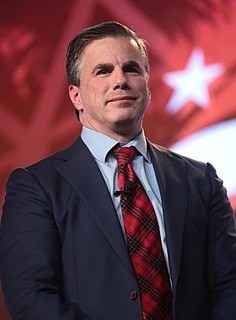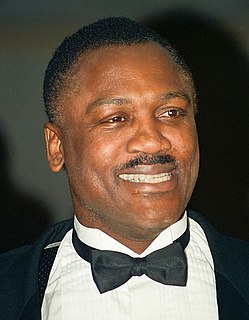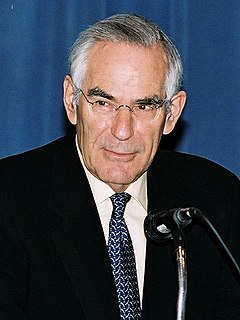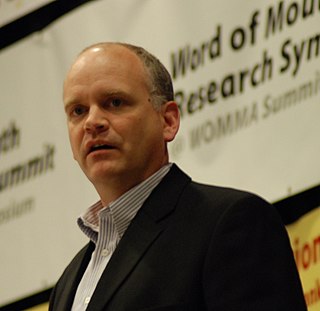A Quote by Rick Perlstein
Indeed, it was largely the clubbiness of the Washington village press corps that let Nixon get away with Watergate and still win his landslide in 1972.
Related Quotes
In the Obama administration's Washington, government officials are increasingly afraid to talk to the press. The administration's war on leaks and other efforts to control information are the most aggressive I've seen since the Nixon administration, when I was one of the editors involved in The Washington Post's investigation of Watergate.
Nixon had three goals: to win by the biggest electoral landslide in history; to be remembered as a peacemaker; and to be accepted by the 'Establishment' as an equal. He achieved all these objectives at the end of 1972 and the beginning of 1973. And he lost them all two months later-partly because he turned a dream into an obsession.
The Washington press corps thinks that Julie Nixon Eisenhower is the only member of the Nixon Administration who has any credibility--and, as one journalist put it, this is not to say that anyone believes what she is saying but simply that people believe she believes what she is sayingit is almost as if she is the only woman in America over the age of twenty who still thinks her father is exactly what she thought he was when she was six.
The court case against me was a dictate out of the White House. Richard Nixon instructed the Justice Department to prosecute pornography to the fullest extent. Now, at the same time, Watergate was going on, so I think he was trying to defer the press or take attention away from his own personal problems.
The Watergate is a hotel in Washington where Nixon operatives broke in to steal campaign information from the Democratic Party. Nixon's people subsequently described that act as a 'third-rate burglary.' In the same manner, Clinton has described the FBI investigation of her email escapades as 'a security review.'
I went to see President Nixon at the White House. It wasn't difficult to get a meeting because I was heavyweight champion of the world. So I came to Washington and walked around the garden with Nixon, his wife and daughter. I said: I want you to give Ali his licence back. I want to beat him up for you.
Nixon had been to China. He had been to Russia doing arms negotiation. And so, he was on his way toward what happened in November, which was an electoral win with 49 states. And the sheer unnecessariness of the Watergate break-in is something that must have tormented him and his allies in all of the years that followed.





